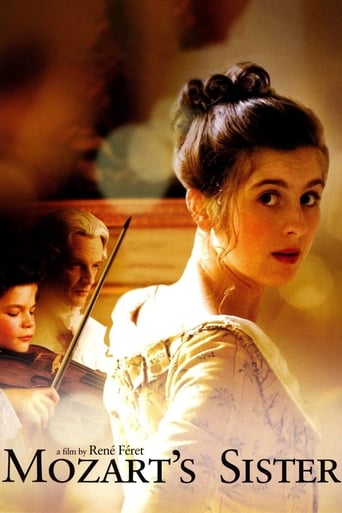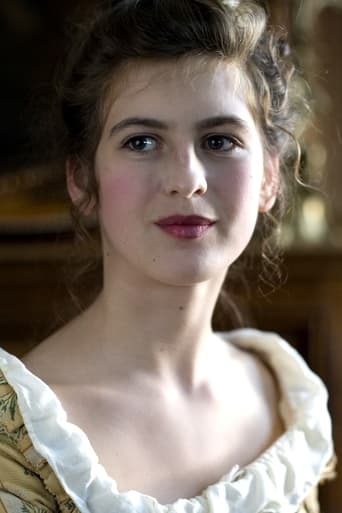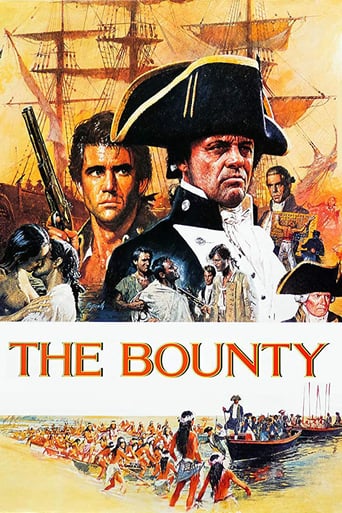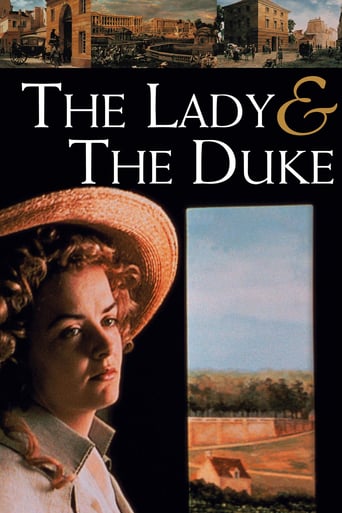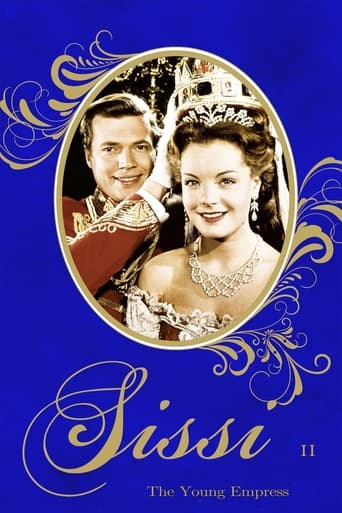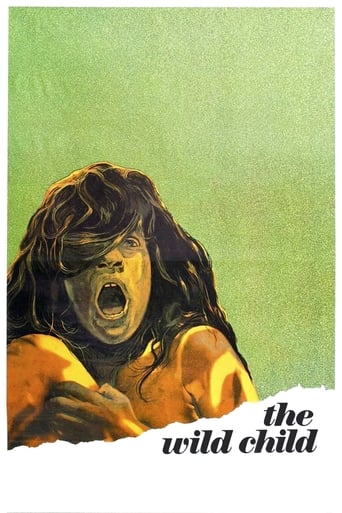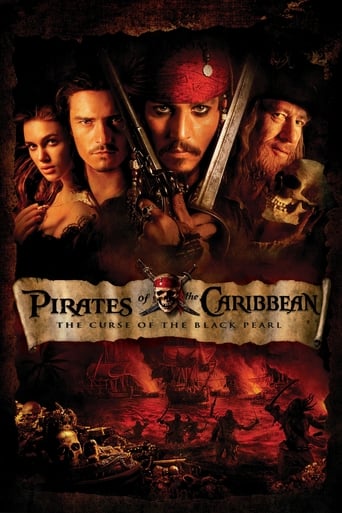Mozart's Sister (2010)
A re-imagined account of the early life of Maria Anna 'Nannerl' Mozart, five years older than Wolfgang and a musical prodigy in her own right.
Watch Trailer
Free Trial Channels
Cast


Similar titles
Reviews
One of the best films i have seen
It's the kind of movie you'll want to see a second time with someone who hasn't seen it yet, to remember what it was like to watch it for the first time.
All of these films share one commonality, that being a kind of emotional center that humanizes a cast of monsters.
A movie that not only functions as a solid scarefest but a razor-sharp satire.
A widely fictionalized story of the Mozart family, focusing on Nannerl, Amadeus' older sister. The fictional events are supposed to take place during the Mozart's "grand tour" of Europe, from 1762 to 1773. On their way to Paris, the family gets stranded nearby an abbey, where the last three daughters of King Louis XV are staying. Nannerl makes friend with Louise, the youngest sister and she is entrusted with a love letter for Hugues, a guy Louise is in love with, to be delivered in Versailles.The family arrives in Versailles when the Dauphin is in mourning for the death of his wife and Nannerl must wear men clothes to enter the Dauphin's circle, where Hugues is employed. This leads to the Dauphin and Nannerl falling for each other. But politics must prevail, therefore the Dauphin marries a princess and Nannerl goes back to Austria with her family.The main point of the film is the miserable situation of women at the time. Nannerl was an accomplished performer as her brother, but being female she had no rights to pursue her studies or to have a "career" as a musician. - Louise was not even allowed to court and being the younger one, her only "escape" was to become a nun. - The Dauphine we do not even see, died in childbirth, a high risk activity at the time and yet, the only added value of a woman's life. - Her death was useless because she produced a female heir, completely useless for the monarchy, hence pushing the Dauphin to a hasty second marriage; etc....Although the romance is purely fictional, what resonates disturbingly true is the submissive, second-rate quality of a woman's life in Mozart times.The movie is slightly too long, with some unnecessary episodes (the porn book?). The costumes and lights are good and most acting, too. I did not like much Marie Féret as Nannerl, because her delivery was very flat – but maybe it was a way to suggest that women could not even express emotions
This could have been a much better movie than it turned out to be. The premise is obvious from almost the very beginning: Mozart's sister Nannerl had talent as a musician and composer, but it was put under a barrel by her domineering father, who chose to devote all his energies to promoting the career of her younger brother, the unquestioned genius WA Mozart. Boring because obvious - unless something interesting had been done with it.And that is the problem with this movie. Nothing was ever really interesting. The characters were almost all shy and retiring. That may be realistic, but it doesn't make for an interesting movie. Remember the very strong characters created in Amadeus, and contrast them with 1) Nannerl Mozart, 2) Mozart and Nannerl's mother, 3) the daughter of Louis XIV who befriends Nannerl, 4) Louis XV, etc. They were all of the shy, retiring type. That doesn't make for a dynamic movie.There are never any great dramatic scenes between Nannerl and her father where she complains about the attention lavished only on her younger brother. Indeed, there is precious little real drama here. Just a lot of shy, unhappy characters caught in their shyness. It's hard to get involved with that.There was nothing wrong with the acting, and everything wrong with the script. It should have been thrown out and replaced with one that created interesting, dynamic characters that made Nannerl's (perhaps) unfair treatment come alive and engage the audience. That didn't happen.The costumes and sets are nice. But if the sound were turned off, you'd miss nothing of interest.
I was unable to find any information about Marie Féret, the lead actress. However, she seemed to be in her mid to late twenties, not an adolescent girl. This greatly distracted from the credibility of the film. This is not to discount her abilities as an actress but rather to question the judgment of the casting director. The role of Wolfgang, however was very believable, down to the coordination of his violin fingering with the actual music - something often neglected in movies.Another substantial irritant is the music throughout the film. For the most part it seemed to me as not 1760's. While non-contemporaneous music does not greatly impair Hollywood historical potboilers, in the case of this film which tries to re-imagine the psychological subtleties of talented musicians, not only the costumes and decor should strive for authenticity, but the music even more so. However, to be fair to the producer, perhaps I was simply unfamiliar with what were actually authentic pieces.
I'm very surprised by the low ratings this film has received, particularly for those who found it boring. To the contrary, I did not want the film to end, intrigued by every twist and turn. I won't recount the plot. Instead, I felt the entire cast was excellent, each subtly, but powerfully, portraying the tensions their character face. In Barbé's Leopold Mozart we see a loving, but ambitious and selfish father, unwilling to challenge the social conventions of his time. In Marie Féret's Nannerl we see a young woman struggling with her desire to express herself and be recognised, but captive to her sense of obedience to the multiple characters to whom she is subordinate, and the challenges of coming-of-age in a domineering family. Her struggles are matched by her melancholy expressions in which even happiness comes at a bittersweet price.There is no over-acting, but instead excellent direction. I don't believe that production values were low, given the costumes, the locations and the excellent cast. Instead I think the director chose to tell a real (although fictionalised) story rather than to glamourise and over-dramatise. The coldness of the European winters was brought to life, and gave the viewer some sense of what it would have been like without modern comforts and luxury for the Mozart family, and matched the sombre and sad story perfectly. I would like to see more films like this.


